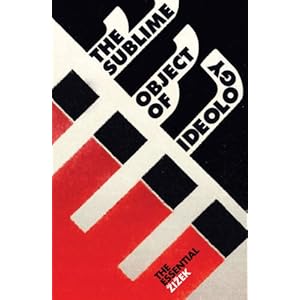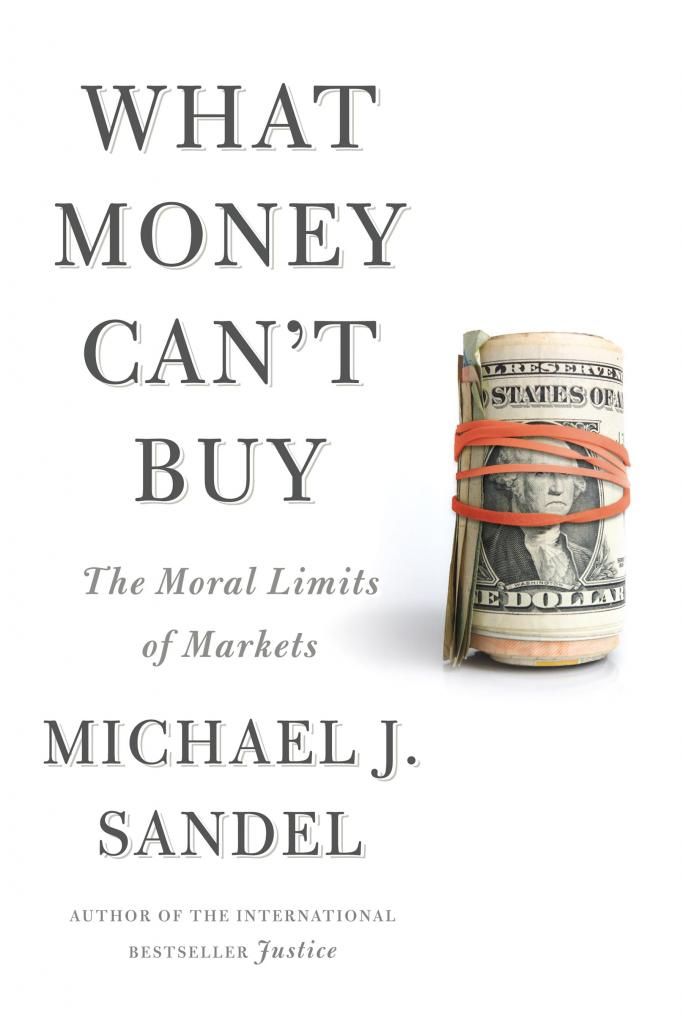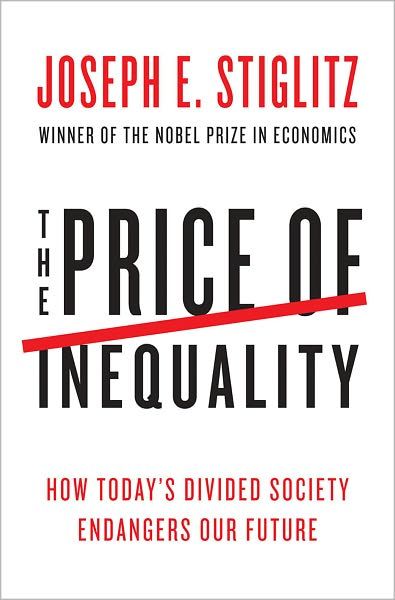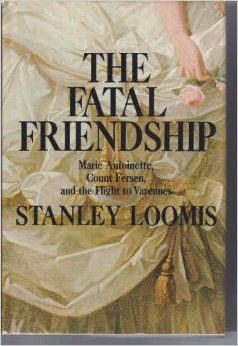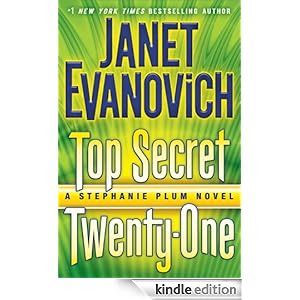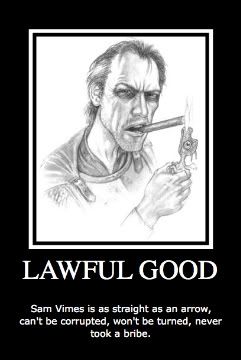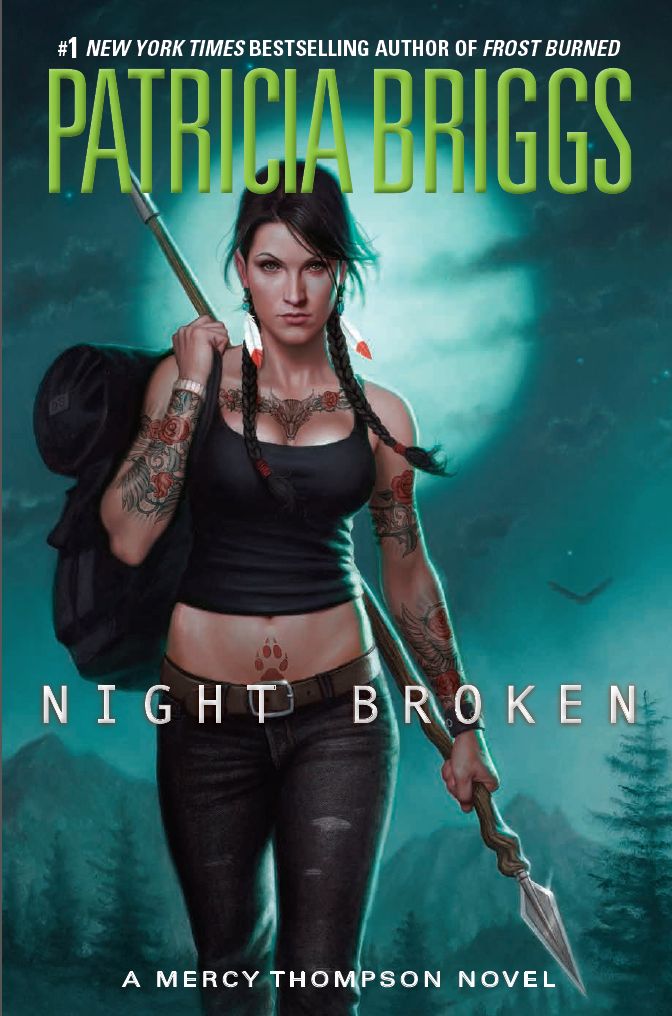In honor of All Hallows Eve...I raise the dead...mua ha haaaaa....
Monkey. Wu Cheng-Ên. Translated by Arthur Waley in 1942. I was turned onto this book by our own resident simian...who seems to have been finally chased off by the civilized from our server. Ha! Anyway...the book is a fantastic tale based on the monk Tripitaka's journey to India to receive the teachings of the Buddha and bring them back to China. Based on real life events, this book melds the fantastic with the real in a big way. Sometimes, it can go thoroughly overboard, but...well...it's all about the metaphors, which, unless I imagine are Chinese or very versed in the culture, you may very well miss (I'm sure I missed out on at least half of the cultural references). The tale of Monkey, from this version, this book, is highly edited and missing many of the chapters that the full tale includes. There is a full translation in a 4 volume set...which I consider delving into...kinda.
The most interesting aspect of these fairy tales, for me as the reader, is the concept in the Chinese culture that Heaven is just as organized a bureaucracy as on Earth. Add in spirits, dragons, folly, immortal powers, Buddhism, Taoism, monkeys made of stone that find enlightenment, etc...and you have the book
Monkey.
 The Archaic Revival. Terence McKenna
The Archaic Revival. Terence McKenna. Almost finished this collection of interview, lectures and essays by the psychedelic-philosopher Terence McKenna. In general, this collection is a good introduction into McKenna's philosophy of how a cosmic consciousness can be accessed through psilocybin and other mind-altering drugs. His research is pseudo-scientific, but also poetic and wondrous. One of his basic theories is that apes ate psychedelic mushrooms, which have the scientific properties to improve vision and sex drive, thus giving apes a population advantage in evolution, plus vision to literally see beyond their physical landscape (as in distance). Additionally, this "vision" is that which exists in the mind, the "cosmic connection" that ancient peoples sought in their religious use of psychedelics, known and unknown uses (very well documented in history, btw). This "vision" allowed for, if I may interpret, imagination.
And imagination allowed us to dream of realities that do not exist. Then, we realized them. Though I don't think apes dreamed of sitting behind a computer screen and pretending to be elves...it is at least were we've come to!

What I find most interesting and compelling from McKenna's philosophy—he is now dead, btw—is how an initial search for cosmic oneness or cosmic voice/god voice through psychedelic use, is now extrapolated to the merge between Man and technology, something McKenna actively contributed in his "research." If one looks deep enough, you can find how McKenna influenced many of the technologists, technophiles and big wig technology sector people from the 80s until present. The idea that an attempt to reach cosmic knowledge, once through chemicals but now through chemicals + technology, is possible AND what our life form is tasked to do, spiritually, is a very interesting premise. And luckily, McKenna was quite compelling as a writer and a speaker, so if you search his works/thoughts out, you'll at least be very entertained (as I have been).
The One-Straw Revolution. Masanobu Kukuoka. Pretty much a "holy bible" to the self-sustaining, ecologically minded, permaculture design society that is trying to re-build the connection between Man, farming and sustainability in the face of a world slowly decaying into overuse, overproduction, landrape and cultural demise. Yes, cultural demise. It is documented that many great civilizations died out because of overuse, stupid use, of their agricultural lands...and when you can't feed the people....
This book has some real philosophical gems of ideas in it, but also plenty of information particularly related to (do-me)'s farm and living style. Not for everyone. But after reading it, you realize he fought the good fight since the 70's, and...disciples from his "Way" are still working at it. I am a few pages from finished, and really appreciated filling my mind with the knowledge of his life, and his thoughts.
Finally, I'm looking forward to reading
Lazarillo de Tormes and
The Swindler, two spanish picaresque novels. It is stories like these that help me formulate my own characters, and feed me ideas and details to the character aspects. Besides...who doesn't like a good rogue!??

